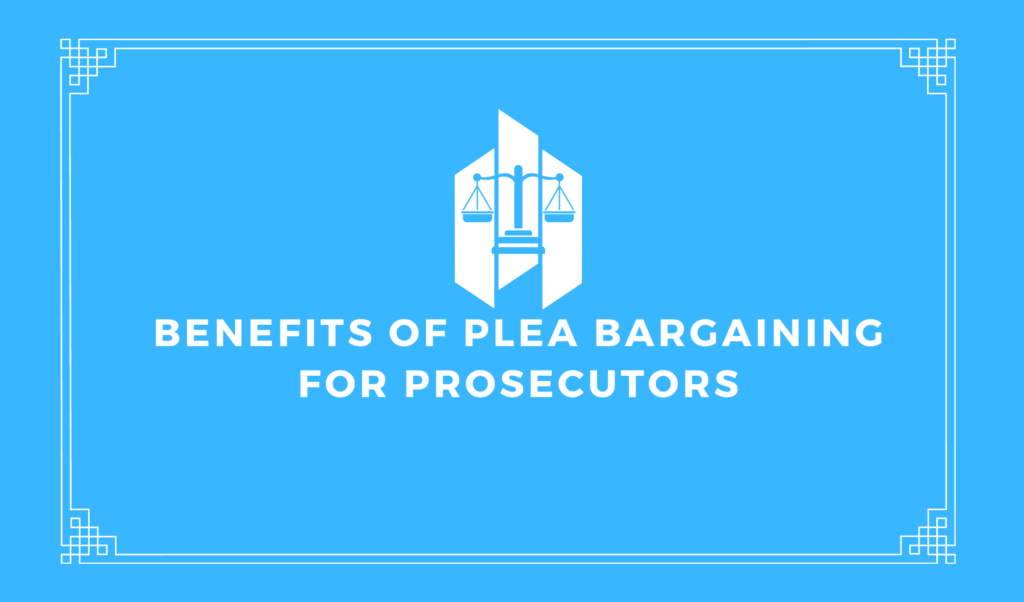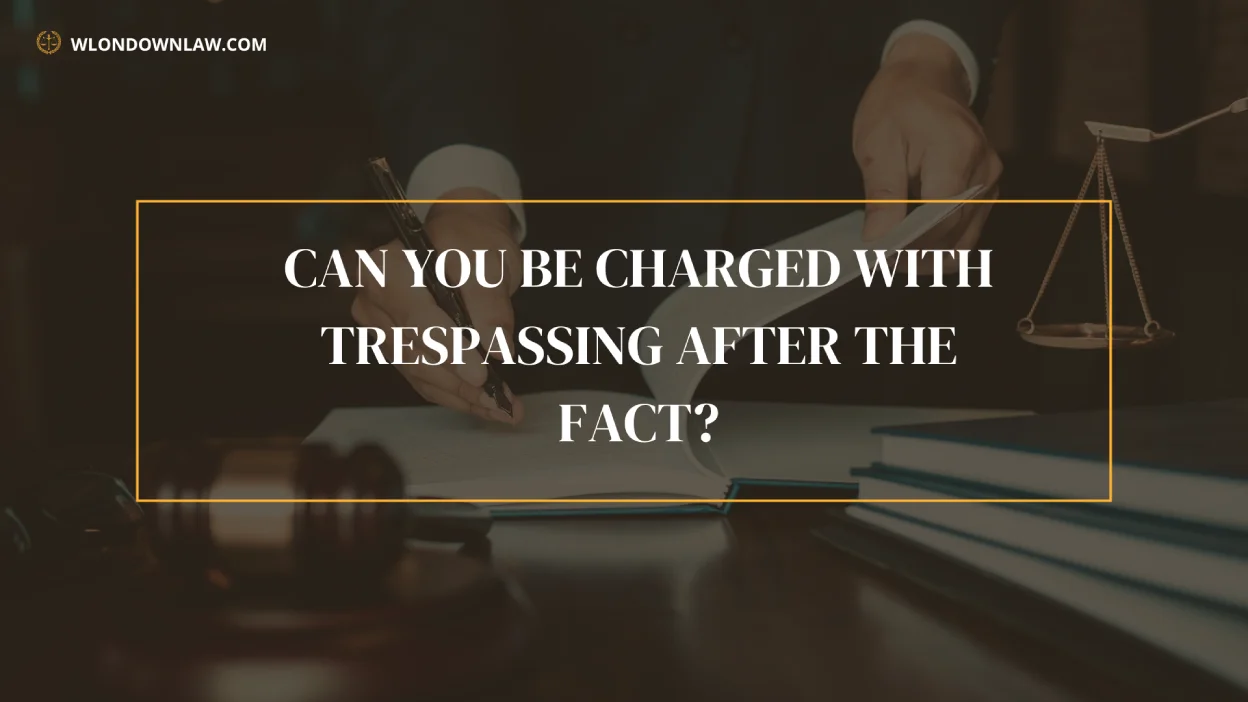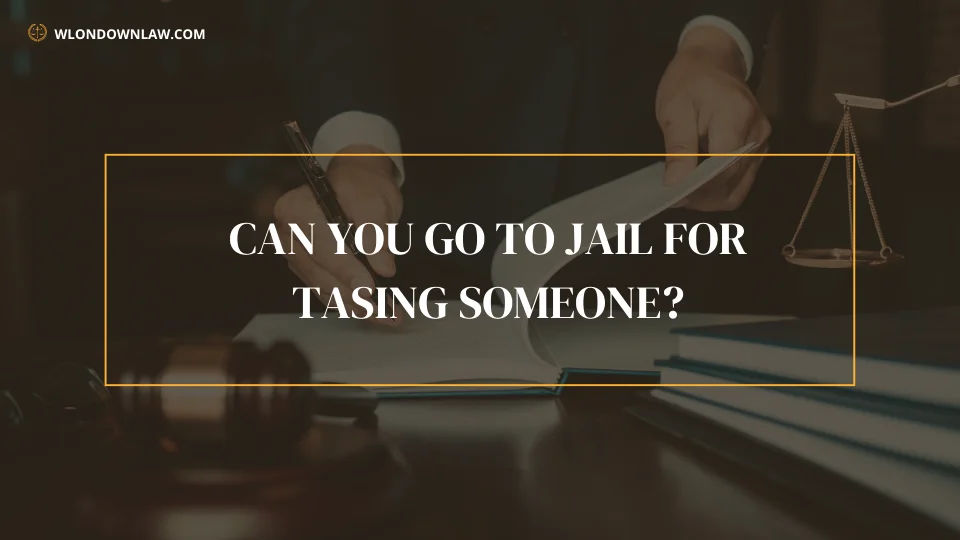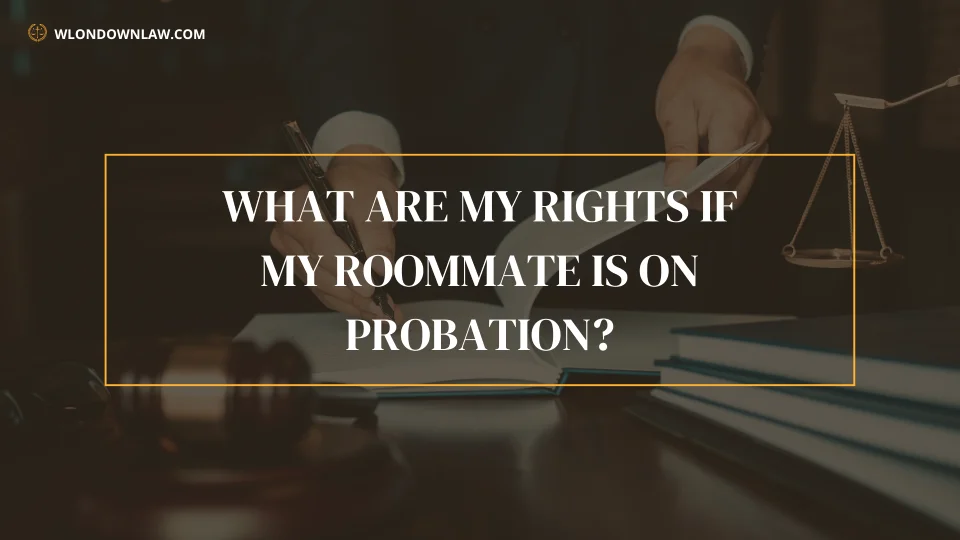It is not easy to convince a prosecutor to plead your case to a judge. Regardless of the weight of evidence, a prosecutor will have to be convinced to plead your case. It is especially true when the offense is a misdemeanour or a felony.
It is, therefore, always preferable to try to work out an agreement with the prosecutor. But what does the prosecutor need to consider to be willing to plead your case?
This article will discuss the benefits of plea bargaining for prosecutors.
Plea bargaining is the act of a defendant entering a plea to a lesser charge to avoid a longer sentence. Some criminal defence attorneys will take on clients they believe cannot legally be convicted of the charge for which they are being prosecuted.
Still, plea bargaining can try to convince the prosecutor to reduce the charge.

Benefits of Plea Bargaining for Prosecutors
When a prosecutor decides to take a case to trial, they must evaluate whether or not there is a likelihood of a conviction. When the prosecutor has enough evidence to prove that the defendant is guilty beyond a reasonable doubt, there will be no issue of plea bargaining. In that case, the prosecution simply files charges and goes to trial.
You may also like: Arraignment vs Indictment
However, the prosecutor may still decide to negotiate with the defendant’s attorney, reducing the number of charges against the defendant. In the event that the prosecutor and the defendant’s attorney reach an agreement, the prosecutor will file a formal charge. Here are some of the benefits:
Case Load Monitoring
(CLM) is an approach that allows the court to monitor the workload of a district attorney’s office. It is done by assigning a case manager for each case to the office. The case managers are assigned to each case based on the amount of time the cases take to try.
A district attorney’s office typically has more than one case manager assigned to each case. Caseload monitoring allows the district attorney’s office to determine how many prosecutors, investigators, and other support staff it has to work with.
The case managers will also check on the progress of the cases assigned to them, allowing the district attorney’s office to ensure that all of the issues are moving along at a steady pace.
You may also like this article: Can My Power of Attorney Go To Court For Me?
To assist them in concluding cases as fast as possible, prosecutors frequently offer plea offers (and negotiate). Thousands of cases are frequently on the docket for prosecutors.
In each of those instances, a defendant, a large number of witnesses, and evidence must be managed and kept straight. Each of those instances needs to be looked over, examined, and trial-ready.
Even if the prosecutor were 100 percent convinced that the case would win, there simply aren’t enough hours in the day to prepare every case for trial and have it heard. Plea agreements let prosecutors eliminate cases that don’t need a trial, so they can concentrate their efforts on the ones that need one.
Preventing trial
It would be necessary to prepare each case for trial if the prosecutor did not offer plea bargains. The government bears the cost of trials. Also, keep in mind that the prosecution is a branch of the government. There are numerous expenses when a prosecutor takes a case to trial, including:
- The price of hiring an expert witness, paying court officials to call the jury panel (mailings and postage), and subpoena fees
- The costs of overtime for police officers who must appear in court (or cover police officers who must wait to testify),
- Court staff who must manage the jury, the judge who must preside, and all other court staff who are unable to handle other matters,
- Defence counsel if the defendant is not represented, as well as the costs of the defence case (fees, witnesses, travel expenses)
Additionally, the called jurors who don’t end up serving are severely inconvenienced. Prosecutors attempt to only bring cases to trial that truly require it due to the high expenditures involved.
Guaranteed Results
When they believe the evidence is sufficient to secure a guilty conviction from a jury, prosecutors are instructed to “charge” or “file” cases (beyond a reasonable doubt).
If the evidence is insufficient to support that conclusion, they typically “no file” the case or return it to law enforcement for further investigation. However, as cases move through discovery, the prosecutor’s case may become less compelling.
Even when the evidence appears to support a conviction, the presence of a competent defence attorney or investigator might occasionally make a prosecutor feel less secure.
While a plea agreement may result in the defendant being found guilty of a less serious charge, the prosecution can leave the table satisfied, knowing that the case would go in their favor.
They can believe that a guilty plea and conviction in the case is preferable to the offender receiving a “not guilty” decision at trial and receiving no punishment.
Case Development
It is the process of preparing a case for trial. It includes gathering and analyzing all of the available evidence, interviewing and questioning potential witnesses, investigating and determining whether the case should be brought to trial, and preparing the documents for filing to the court. It begins with an investigation.
It is important to understand that while much of the investigative work takes place outside of the courtroom, it is important to understand that a prosecutor cannot investigate or prepare a case for trial without first being told what the issues are. It is known as the charging document or complaint.
A prosecutor can write a criminal complaint (information) or have someone else write it. A prosecutor must decide whether to charge the person under investigation for a crime.
Unfortunately, a lot of defendants are regular travelers. Prosecutors are certain that some defendants “will be back.” The severity of the penalties rises when a defendant commits more offenses and earns more convictions. A first offense can result in little more than probation. However, a second offense might result in some time behind bars or community service.
When the only punishment is likely to be probation, a prosecutor may decide to offer a plea deal rather than incur the cost of a trial, especially if it is anticipated that the defendant will commit another crime soon.
Naturally, the prosecutor must balance the duty of leniency with the possibility that the offender would damage or kill someone seriously the next time.
The most severe penalties are occasionally referred to as “three strikes” sentences.
First offense, light penalty. Still not a harsh sentence for a second strike. The third blow is a powerful hammer (meaning a decent prison sentence). The “three strikes” statutes also remove the judge’s discretion from sentencing in some places. When preparing a case, a savvy prosecutor would be thinking ahead a few years rather than immediately aiming for the highest penalty.
Right Thing To Do
Prosecutors do not disregard the circumstances and qualities of the defendant.
Even if a criminal may have broken the law, there may be valid justifications for forgiving him. Perhaps he is still young, or maybe a conviction will result in him losing the job he relies on to maintain his family. Maybe the situation was justified in some way.
When it seems to be the proper thing to do for both the offender and the community at large, prosecutors will propose plea agreements.
Final Remarks
We hope that you found our blog post about the benefits of plea bargaining for prosecutors useful. We’ve listed the benefits of plea bargaining for prosecutors and the steps you should take to ensure you are taking advantage of the benefits that plea bargaining offers.
Plea bargaining is a process where a prosecutor will agree to charge a defendant with a lesser offense, as long as they plead guilty to that offense. The logic behind this is that it is less time and less expensive for the prosecutor to only have to deal with one case.
Thank you for reading. We look forward to hearing from you soon!


